Ever since he popped up in 1996 with his debut feature film Bottle Rocket, director Wes Anderson has quickly carved a spot for himself in our collective cinematic imagination. His unique style has become instantly recognizable, it has been responsible for some truly magnificent works of art. Anderson's colors and use of symmetry work perfectly in the creation of the ever so promising, and yet bankrupt Tenenbaum family in The Royal Tenenbaums, or in the crafting of a childlike universe marked by a tension between control and rebellion in Moonrise Kingdom. But while both these movies are incredible in their own right, perhaps Anderson's magnum opus is something else. Perhaps the director has never been so on top of his game than in the 2014 heist film The Grand Budapest Hotel.
Now, we are not the only ones to think that. Actor Bryan Cranston, who has worked with Anderson in both Isle of Dogs and, most recently, on Asteroid City, has gone on record saying that The Grand Budapest Hotel is actually more than just his favorite Anderson flick. As a matter of fact, he claimed, in an interview with The Independent, that The Grand Budapest Hotel is "just a perfect film." And he might just be right! Sure, you may have your own pick of Wes Anderson favorites, but perhaps it's time to recognize The Grand Budapest Hotel for what it is: the film in which Anderson's peculiarities came together to form the most cohesive whole of his career.
Wes Anderson Creates a World of Fantasy in 'The Grand Budapest Hotel'
Let's start with how Anderson's style turns the real world into a fable. Now, there are two things to take into consideration. The first is that the tale of the hotel concierge played by Ralph Fiennes trying to assert his rights over an expensive painting left to him by an elderly widow (Tilda Swinton) whose murder he's being framed for could very well be painted with more realistic tints. On the other hand, though, the story of The Grand Budapest Hotel is a story of a time gone by: a narrative within a narrative within a narrative. Thus, it gains an air of fable that the director's saturated colors and literal centering of his characters on screen helps to consolidate. Set in the fictional Eastern European country of Zubrowka in between the two world wars, the adventures of Monsieur Gustave and his right-hand man Zero Moustafa (Tony Revolori) become a modern fairy tale.
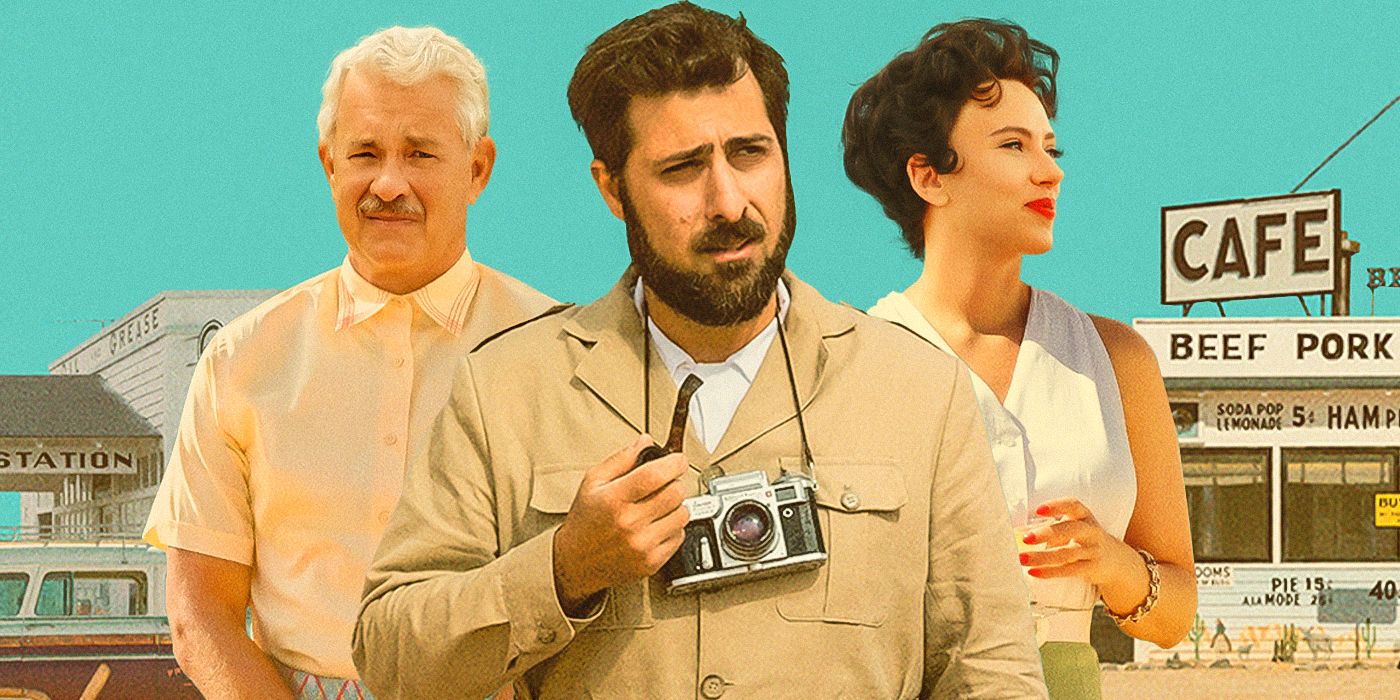
Related
This Is the Meaning Behind Wes Anderson's 'Asteroid City'
You better not be grappling with the ineffable wonder of the human condition when I get back!
The Grand Budapest Hotel is, much like a lot of Anderson's films, one in which the sincerity of human emotions shines brighter than everything else. This might sound like a weird statement considering how farce-esque performances tend to be on Anderson's projects, but the monotones and the rapid speaking are always there in favor of truth. Anderson's characters rarely lie, and if there's one place in which that makes perfect sense, that's in a fairy tale. Of course, Anderson usually picks and directs his actors in a very deliberate manner, ensuring that they will have the necessary mannerisms for his storytelling to work, but his casting choices have rarely made more sense than in The Grand Budapest Hotel. Everyone, from Fiennes and Swinton to the young lovers played by Revolori and Saoirse Ronan to Adrien Brody's and Willem Dafoe's baddies, is on point. Together, this ensemble adds another layer of fantasy to the already fantastic story of Monsieur Gustave.
Finally, there's the soundtrack composed by Alexandre Desplat. Inspired by Eastern European folk music, it is a beautiful score, one that has rightfully gotten itself an Academy Award in 2015. But, unlike the instrumental bangers created by Mark Mothersbaugh for other Anderson films, it does not stand out so much on its own, instead blending with the background to create the atmosphere of a country long gone.
'The Grand Budapest Hotel' Recuperates the Works of an Often Forgotten Writer
This is made even more important when we bring into the equation the inspiration behind The Grand Budapest Hotel. At the end of the film, viewers are informed that The Grand Budapest Hotel is based on the writings of a certain Stefan Zweig. The Austrian author was once one of the most translated in the world, but, after World War II, his works fell mostly into oblivion. During a trip around Europe, Anderson picked up a copy of Beware of Pity, Zweig's only complete novel, which tells the story of a lieutenant that falls in love with a girl paralyzed from the waist down but ultimately fails to act on his feelings. The plot, of course, has nothing to do with The Grand Budapest Hotel, but the vibes of Zweig's writing, complete with the nesting doll narrative, are all there.
"I also read The Post Office Girl, which had been only published for the first time recently. The Grand Budapest Hotel has elements that were sort of stolen from both these books. Two characters in our story are vaguely meant to represent Zweig himself — our 'Author' character, played by Tom Wilkinson, and the theoretically fictionalized version of himself, played by Jude Law. But, in fact, M. Gustave, the main character who is played by Ralph Fiennes, is modeled significantly on Zweig as well," Anderson told Zweig's biographer George Prochnik for The Telegraph.
It is clear that Anderson also took inspiration from Zweig's The World of Yesterday, a 1942 requiem for Austria before it was annexed by Hitler, and to a Europe that died somewhere in the 30s — or maybe even earlier. This is why The Grand Budapest Hotel is so much about a world that has been, a world that doesn't exist anymore. Unlike the Author in the film, Zweig never came back from South America to a changed world. Of Jewish origin, he took his life alongside his wife, Lotte, during his exile in Brazil, in 1942. Bringing his memory back to life is yet another aspect that makes the film so special.
The Grand Budapest Hotel is available to rent on Amazon in the U.S.
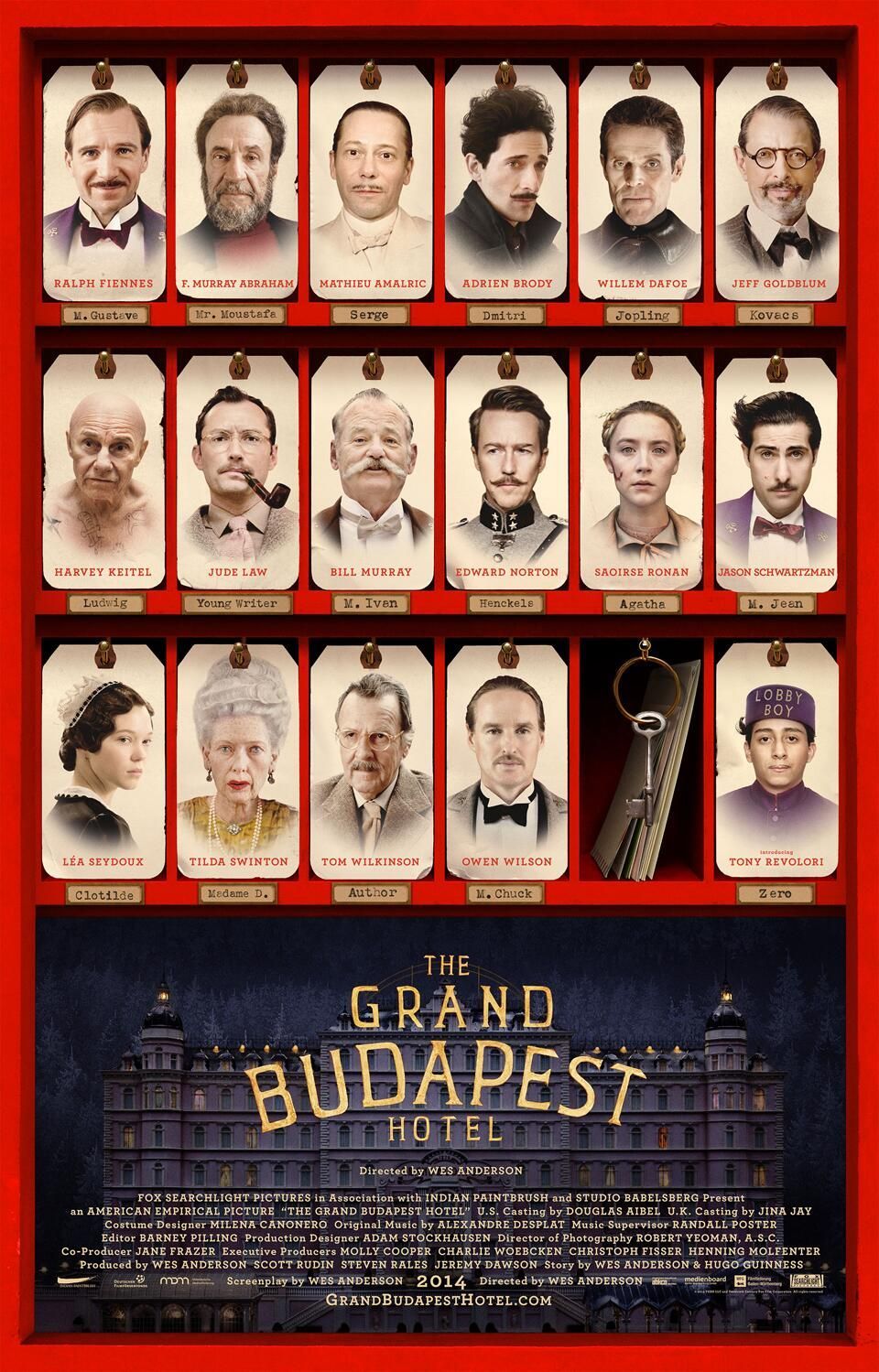
Your changes have been saved
Release Date March 28, 2014
Runtime 100 Minutes

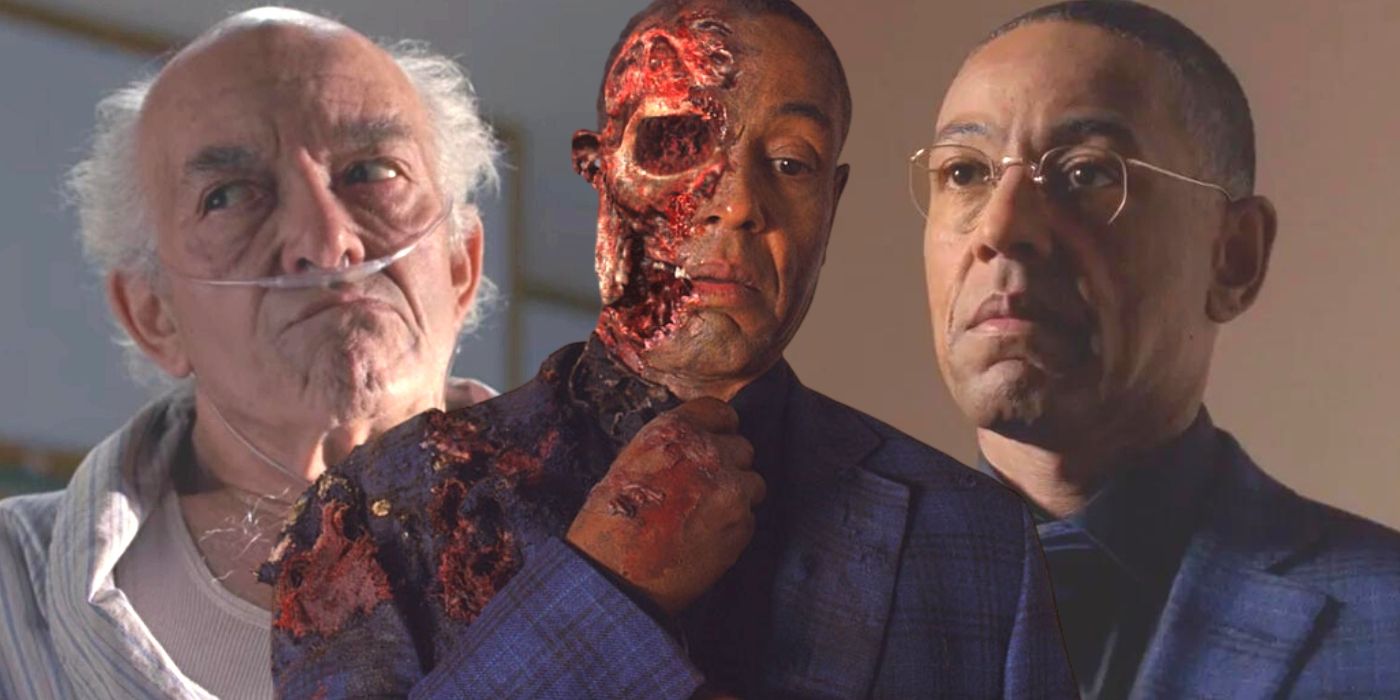




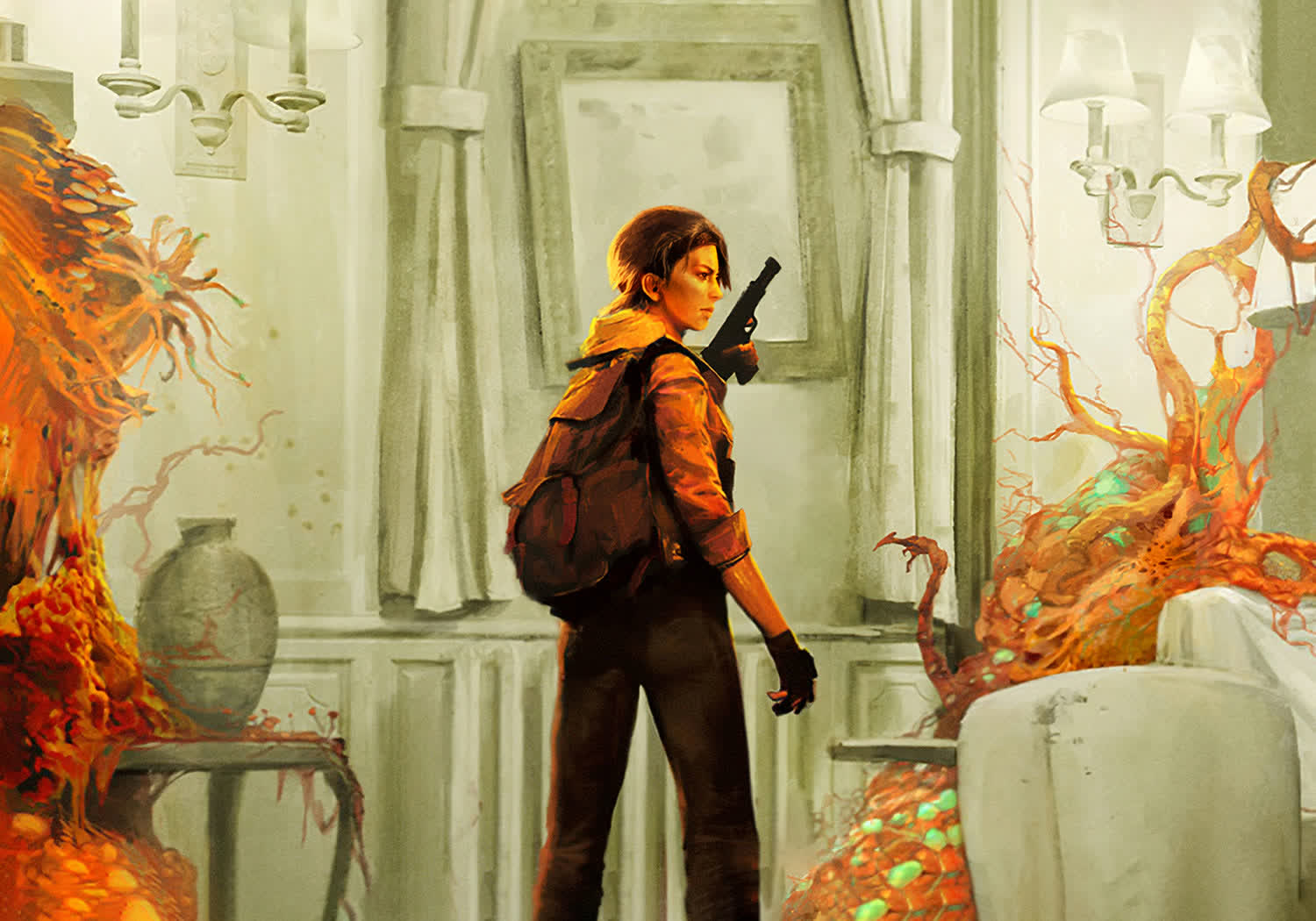

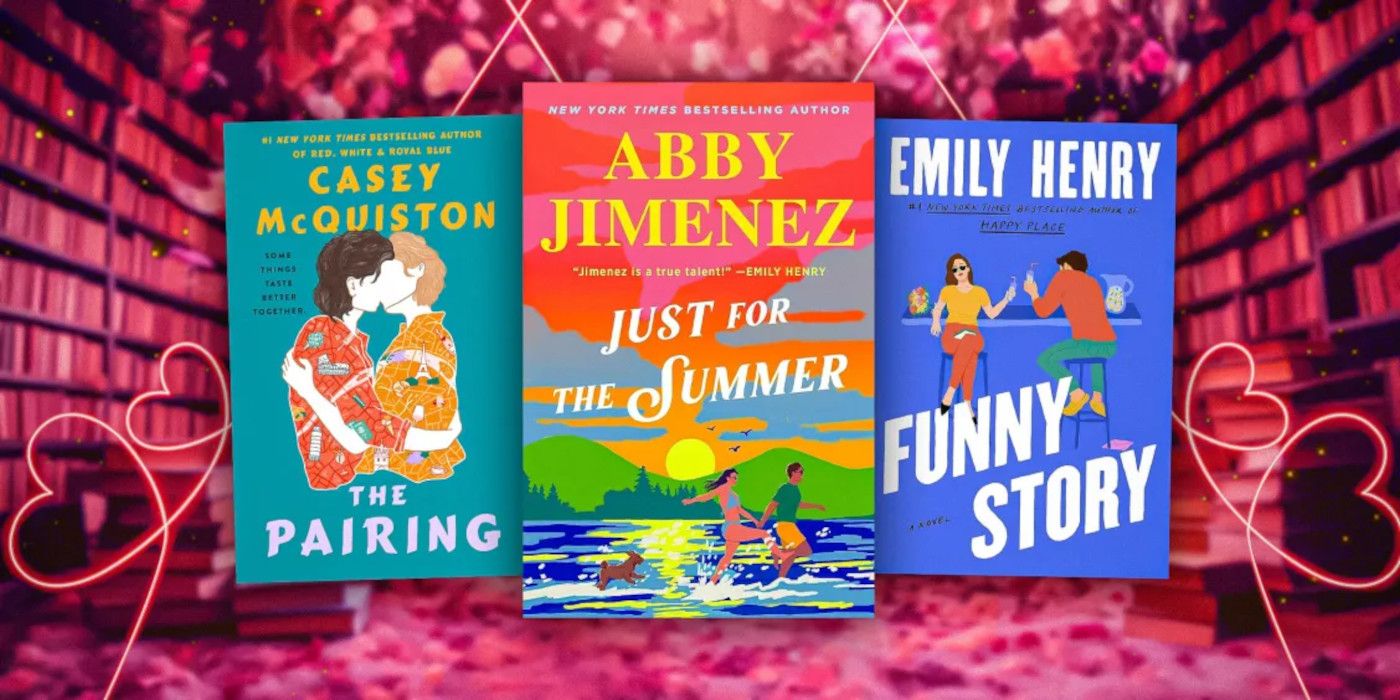
 English (US) ·
English (US) ·